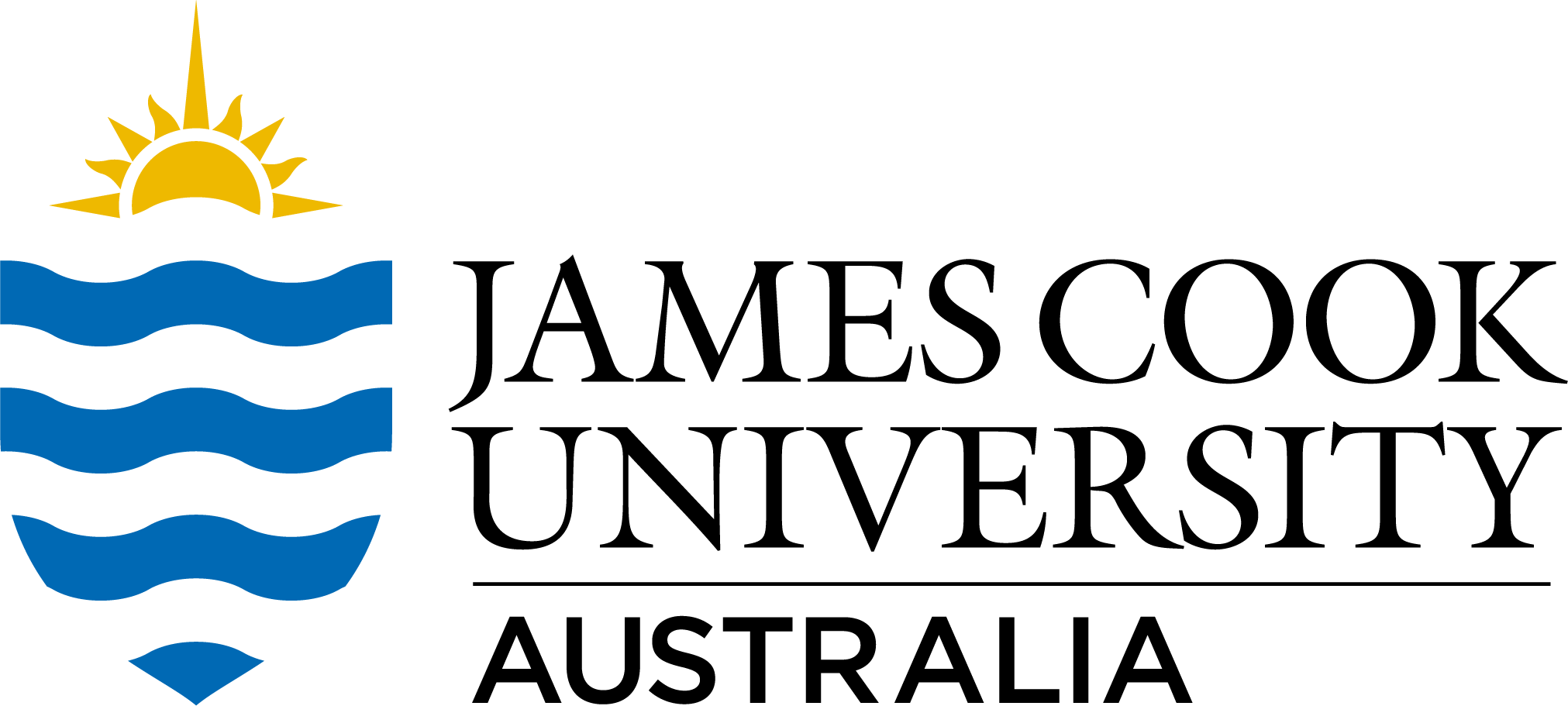Full description
Bacterial 16s rDNA sequencing of different tissues from the coral Acropora granulosa, from the National Center for Biotechnology Information (NCBI) BioProject number PRJNA233450. Submitted by James Cook University.
Data type: Random survey.
Abstract [Related Publication]: Despite being one of the simplest metazoans, corals harbor some of the most highly diverse and abundant microbial communities. Differentiating core, symbiotic bacteria from this diverse host-associated consortium is essential for characterizing the functional contributions of bacteria but has not been possible yet. Here we characterize the coral core microbiome and demonstrate clear phylogenetic and functional divisions between the micro-scale, niche habitats within the coral host. In doing so, we discover seven distinct bacterial phylotypes that are universal to the core microbiome of coral species, separated by thousands of kilometres of oceans. The two most abundant phylotypes are co-localized specifically with the corals' endosymbiotic algae and symbiont-containing host cells. These bacterial symbioses likely facilitate the success of the dinoflagellate endosymbiosis with corals in diverse environmental regimes.
The full methodology is available in the Open Access publication from the Related Publications link below.
Created: 2014-01-06
User Contributed Tags
Login to tag this record with meaningful keywords to make it easier to discover
- Local : researchdata.jcu.edu.au//published/64414d1f300788f83092018acbee116f
- Local : a3e8a0c5bbe4ef606012ecd6cb54e92f


